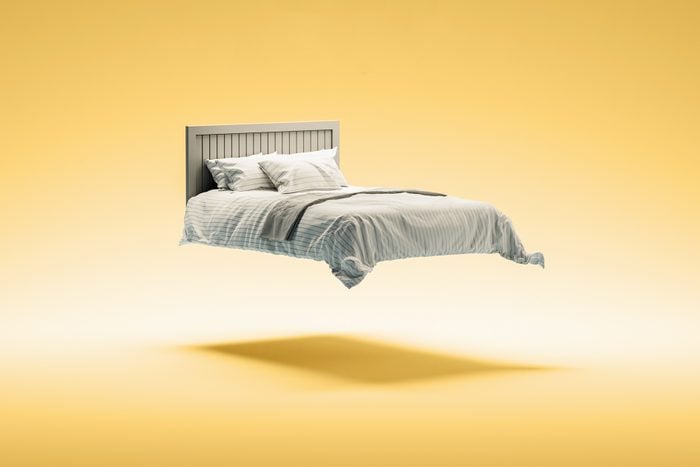
Under-bed storage mistakes
Remember quick-cleaning your room as a kid? You simply tossed everything under the bed. How much has changed? While you may not see coloring books, dirty socks and plastic toys, for many of us, old habits die hard. Especially if you’re low on space in the house, under the bed will always be that go-to place to store things.
Unfortunately, it may not be the smartest of storage hacks. Look, we get it—you really want to declutter your life, and under-the-bed storage seems like a safe bet. But according to the experts, there are drawbacks.
We asked two professional organizers for advice on the subject (and their preferred home storage solutions). Read on as they share their thoughts on what should never be stored under the bed, exceptions to the rule, organization ideas and storage tricks you’ll want to try instead.
Get Reader’s Digest’s Read Up newsletter for more organization, humor, cleaning, travel, tech and fun facts all week long.
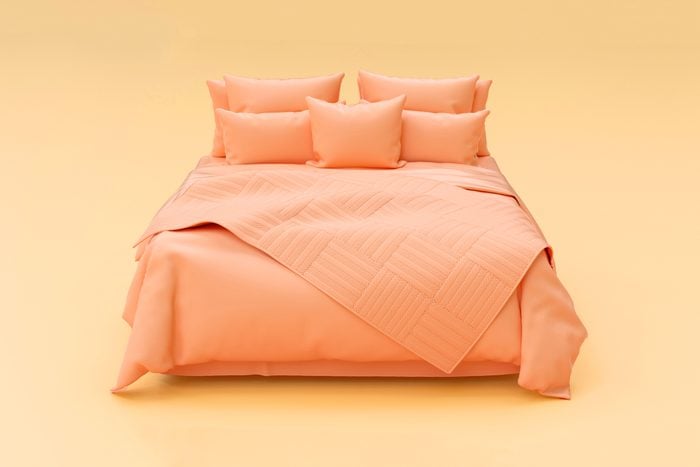
Should you store stuff under your bed?
“In an ideal world, I do not recommend storing things under the bed,” says Lisa Zaslow, a certified professional organizer and founder of Gotham Organizers in New York City. “It’s dusty, hard to clean and not easy to reach.”
“Also, it’s easy to forget what you put under there,” adds Alyssa Trosclair, a certified professional organizer and founder of Emend in Baton Rouge, Louisiana.
But these pros do allow for one exception: small spaces. If you have a small home or apartment (and have exhausted your small-closet storage), under-the-bed storage is an option. But overall, our experts agree, here’s what you should never store under the bed.
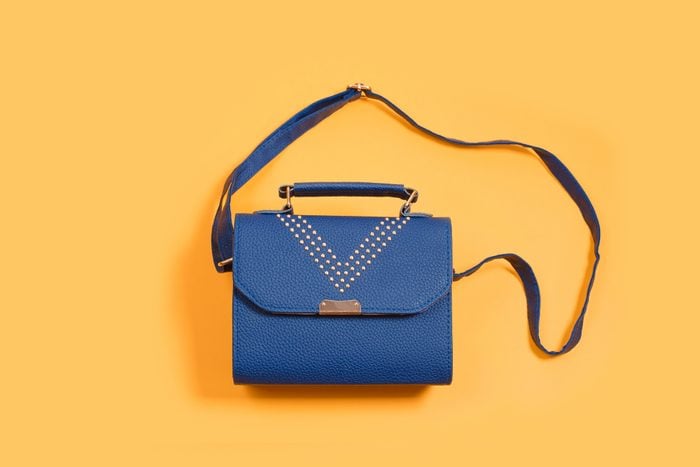
Things you need to access often
You’re desperate to find a place to store that bulky makeup bag, luggage or extra purses, so you stash it under your bed. Right? Wrong! Items you use often, such as clothing or handbags, should never be stored under the bed. It’s not worth the inconvenience to get on your hands and knees and crawl under the bed daily.
Store here instead: Consider organizing your closet to make space for these items.”Most frequently used items should be stored within easy reach in the storage areas that fall between your eyes and your knees,” says Trosclair.
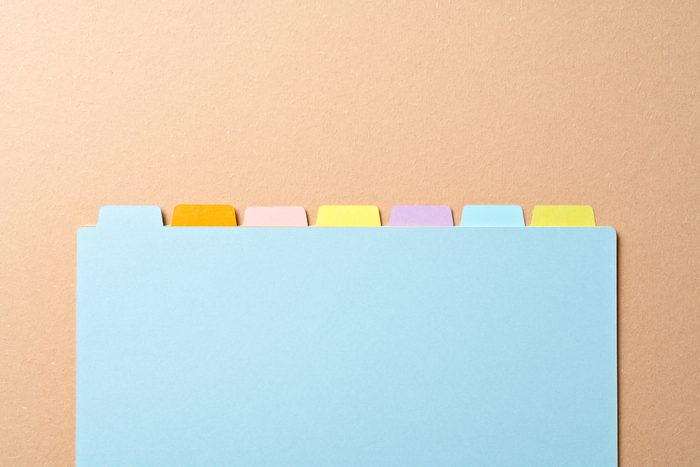
Important documents
Storing important documents under the bed is not only inconvenient, it’s also simply not smart. Do you really want vital records, such as property deeds, insurance policies, birth certificates and Social Security cards, where snooping eyes can find them and insects can feast on them? Worse yet, according to Trosclair, because main bedrooms are often adjacent to a bathroom, important papers (like tax documents you should never throw away) could be damaged or destroyed by an overflowing toilet, tub or a broken water pipe.
Store here instead: Important documents should be stored in an easily accessible, portable, fireproof and flood-resistant lock box. Another option: A safe deposit box in a bank or credit union—and never in a storage unit.
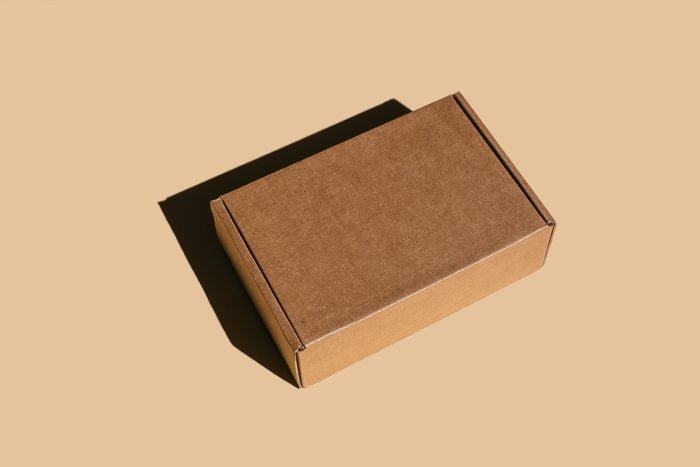
Cardboard boxes
For some reason, people tend to keep old moving boxes, and some even store them under the bed. Just don’t. Cardboard attracts dust and bugs. Between the paper, adhesive and made-to-order grooves, it provides living quarters and an all-day buffet to a variety of creepy crawlies—like a mini-Marriott for insects. So unless you like entertaining silverfish, cockroaches, moths, termites (yes, paper comes from wood), centipedes and millipedes, don’t store your old packing boxes under your bed.
Store here instead: Bring the boxes to a recycling bin, pass them along to someone else who’s moving or use them for clothing storage in the off season.
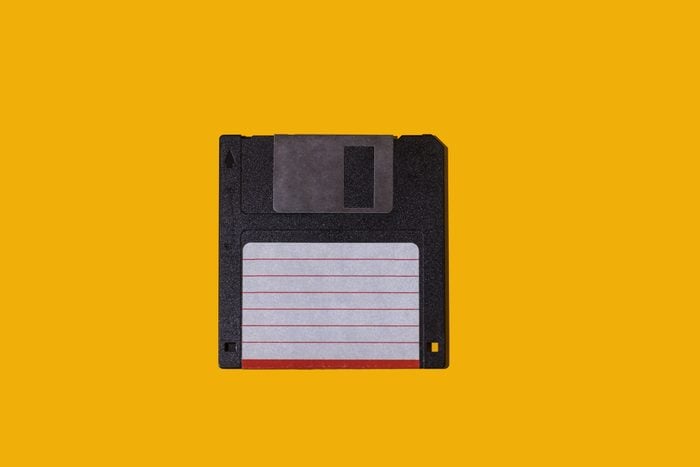
Old computers and electronics
We pay a lot of money for our computers and fancy electronics, but when they die, they deserve a decent burial (computers are one of those things that professional organizers would toss). Keeping them under the bed will not resurrect them, but it will attract dust. And if you subscribe to feng shui, doing so will surely destroy the peace in your bedroom.
Store here instead: Donate working computers and electronics. Recycle out-of-date electronics at a computer-recycling center that offers hard-drive destruction service. These centers can also recycle the gold, palladium, copper and rare earth elements in electronics and safely dispose of the lead, mercury and cadmium in computers.
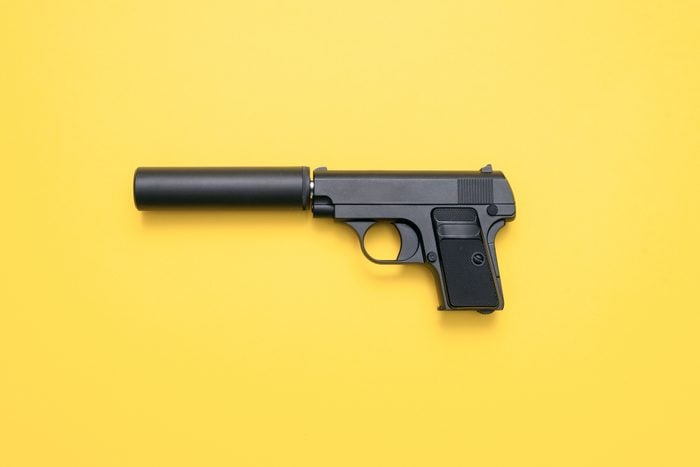
Weapons
If you’re addicted to true-crime shows, you may feel you need to protect yourself at all times, even when you sleep. Whether you own tasers, stun guns or permitted firearms, weapons have no place under a bed. Not only could they fall into the hands of a child or an untrained adult, you could also accidentally mistake a family member for an intruder when you’re in a sleepy stupor. Keeping your cell phone or mace next to the bed may be a safer option. Or choose non-lethal forms of self-defense, like a bat or flashlight.
Store here instead: Firearms should always be stored unloaded with a trigger lock in a locked safe or security case. They should always be stored apart from ammunition, and many people suggest basement storage for the safes. Knives or other weapons can also be stored in the same safe.
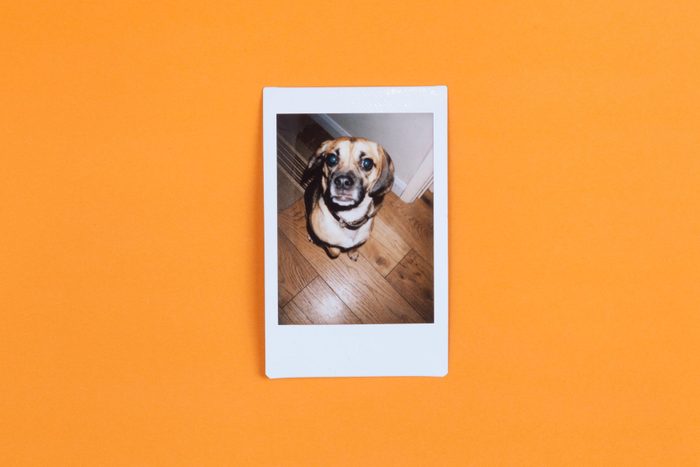
Photos
If you’re like most of the population, you have piles of photos in shoeboxes awaiting their forever home. But according to Trosclair, storing those photos under the bed could put your treasures at risk. Photos are printed on paper, and insects, such as cockroaches, moths and silverfish, love paper.
Store here instead: If conservation of photography is important to you, photos should be stored in albums with acid-free pages. Keep physical albums in cool, dry places. And if you choose to go high-tech, as Trosclair suggests, simply scan and save the photos to your cloud storage of choice.
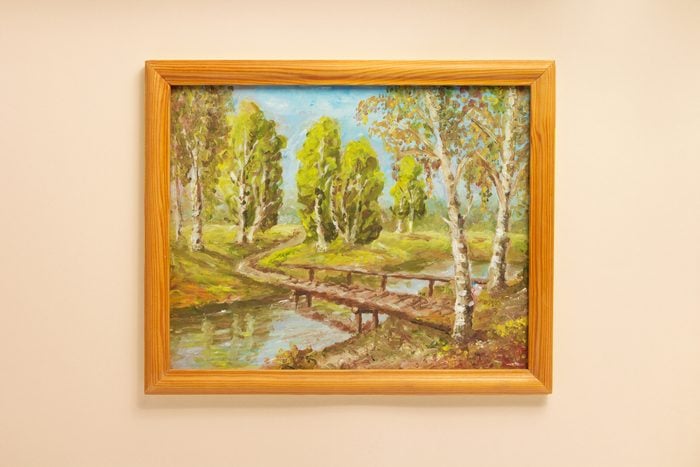
Posters and art
Whether it’s a Jazz Fest poster from the Big Easy or a numbered print from a local artist, we buy art because we love it. So why do we keep it under the bed? “Not only can insects destroy it,” says Zaslow, “but rough handling can damage it, and humidity and heat can warp and crack it.”
Store here instead: Why not hang posters and art on the wall and enjoy them? Don’t wait for the perfect frame, the perfect room or because you’re afraid to put holes in the walls—let your art bring you pleasure now. If there’s not a speck of space left on your walls and you must store your art, make sure to keep it in a cool, dark place, such as a closet, where there’s moderate humidity. Want a professional organizer secret? Collector boxes make great options for storing art prints.
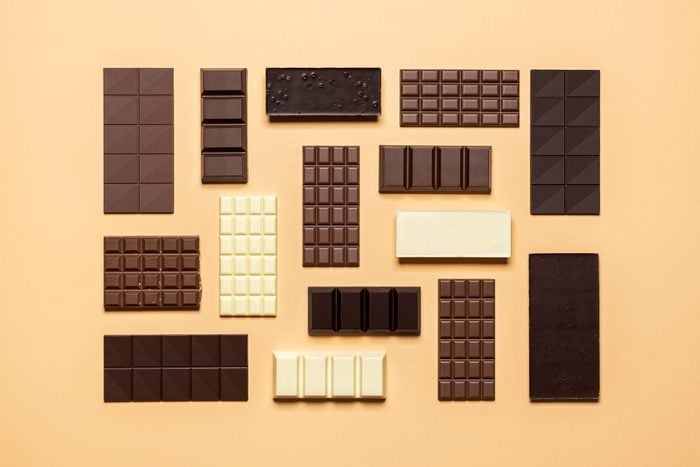
Non-canned food items
So you couldn’t resist bulk-buying 12 packages of Oreos or a few tubs of peanut butter. Just don’t plan on storing them under your bed. According to Zaslow, “Even if you put food items in plastic food storage containers with lids, rodents, roaches and ants are sure to find them.” Plus, do you really want to crawl under your bed to retrieve a midnight snack? While it may be a fine solution for toilet paper storage, let’s keep the food in the kitchen or pantry.
Store here instead: Organizing your kitchen? You can tuck away extra food items that are in secure plastic containers in the freezer, on the uppermost shelves of a kitchen cabinet, in those hard-to-reach spots above the fridge or in your newly organized pantry. Just don’t put them under the bed.
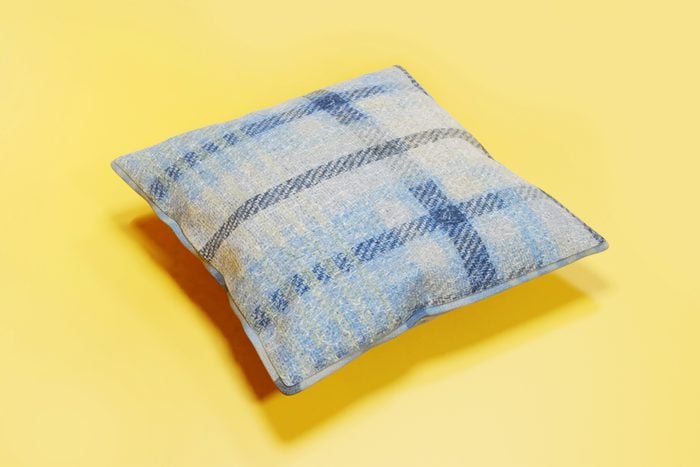
What can you store under the bed
There are some exceptions to our experts’ rules, especially if you’re trying to save space or have already maximized your closet storage or bathroom storage.
No matter what your store under the bed, make sure you always place items in covered plastic storage containers that are labeled on the side—not the top. If you don’t have carpet or a rug, purchase containers that have wheels or adhesive felt pads on the bottom to protect your floor from scratches. “Also, measure the area under the bed before you buy containers,” says Zaslow. “And allow enough space for adjustable beds to be raised or lowered.”
Here’s what experts say you can store under the bed:
- Bedroom items, such as off-season linens, blankets and extra pillows.
- Anything you access occasionally—but Trosclair recommends using these items at least once a year, so you don’t forget about them.
- Shoes. Especially if you have more than one storage container of shoes, label the contents you’re not using in the off-season in large print on the side of the container.
- Off-season clothes, but only if you have exhausted all other clothes storage ideas.
- Seasonal decorations, such as wreaths, linens and knickknacks.
- Vacation items, such as ski gear or beach equipment.
- Guest items, such as pillows and air mattresses.
- Gift wrap. “Those long rolls fit nicely in under-bed storage containers,” says Trosclair.
About the experts
- Lisa Zaslow is a certified professional organizer with more than 15 years of experience. She has helped thousands of people organize their lives and their spaces. Her business, Gotham Organizers, is located in New York City, but Lisa works remotely with clients all over the world.
- Alyssa Trosclair has been helping clients for more than 17 years and is the founder of Emend in Baton Rouge, Louisiana. Through her five-step Emend process, she helps clients find solutions to challenging organizational issues and learn the organizational skills necessary to maintain an organized space.
